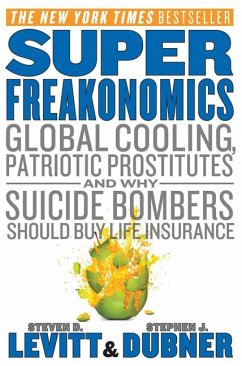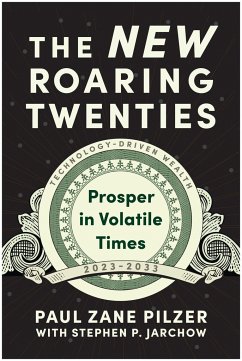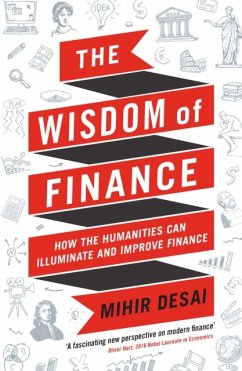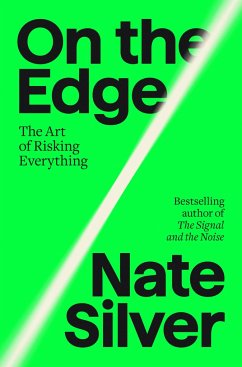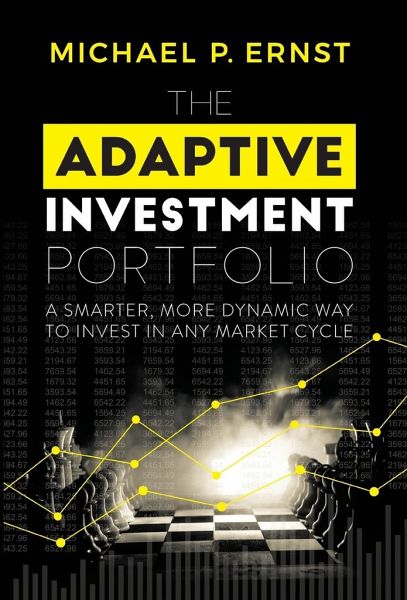
The Adaptive Investment Portfolio
A Smarter, More Dynamic Way to Invest in Any Market Cycle
Versandkostenfrei!
Versandfertig in über 4 Wochen
21,99 €
inkl. MwSt.

PAYBACK Punkte
11 °P sammeln!
Since the 2008 global financial crisis, the world's central banks have kept interest rates artificially low while simultaneously elevating global equity prices, real estate valuations, and debt. Faced with rising inflationary pressure, the Federal Reserve has recently hiked interest rates and embarked on a quantitative tightening policy. This suggests a change in the economic cycle, and investors must be able to adapt to the evolving market conditions. The shifting central bank policy, coupled with current geopolitical uncertainty, can add to the unpredictability of markets, causing some inves...
Since the 2008 global financial crisis, the world's central banks have kept interest rates artificially low while simultaneously elevating global equity prices, real estate valuations, and debt. Faced with rising inflationary pressure, the Federal Reserve has recently hiked interest rates and embarked on a quantitative tightening policy. This suggests a change in the economic cycle, and investors must be able to adapt to the evolving market conditions. The shifting central bank policy, coupled with current geopolitical uncertainty, can add to the unpredictability of markets, causing some investors to take an emotional rather than a rational response to managing their portfolios. Oftentimes fear, greed, and risk cause us to make decisions that are not necessarily in our best interest. While diversification is an important investment concept, being diversified between stocks, bonds, and cash alone may not be enough. A static "buy and hold" approach in a market that is increasingly dynamic is antiquated. Today, prudent risk management and capital preservation strategies are paramount to protecting investor's long-term interests. Diversifying by investment style and across sectors, geographies, and asset classes can help insulate portfolios from market uncertainty and improve the potential for better outcomes. In The Adaptive Investment Portfolio, Michael P. Ernst offers a clear and well defined process that guides investors on how to build a portfolio that automatically adapts to changing market conditions. By reducing volatility and providing a smoother ride, investors can avoid taking an emotional response to managing their investments, providing a higher level of confidence regardless of market conditions.




